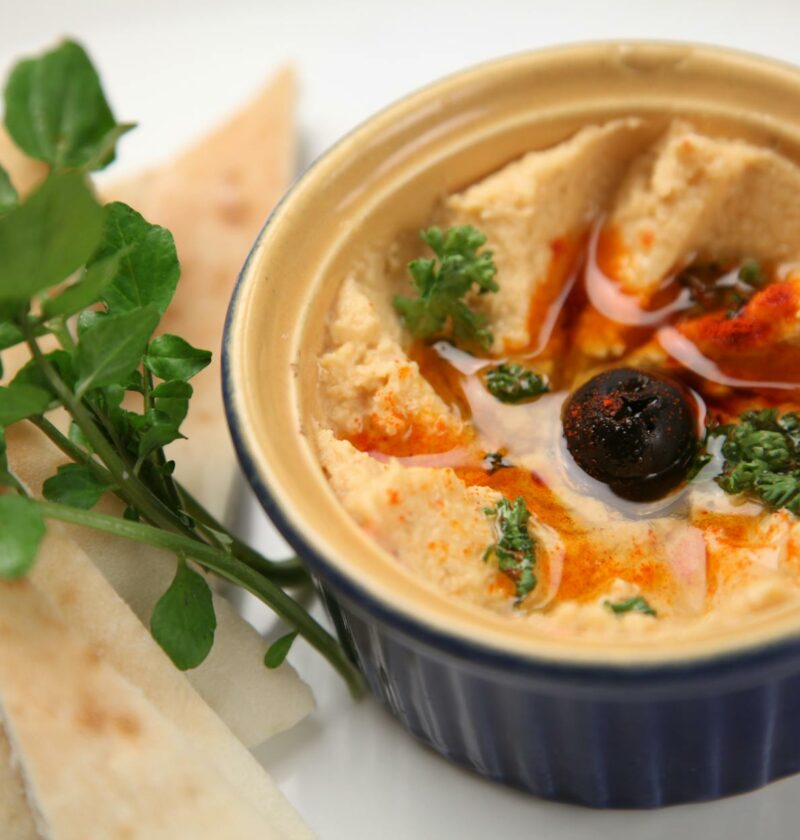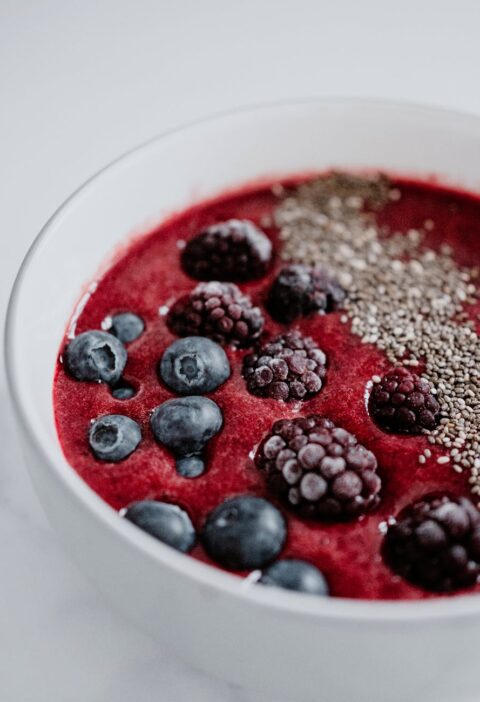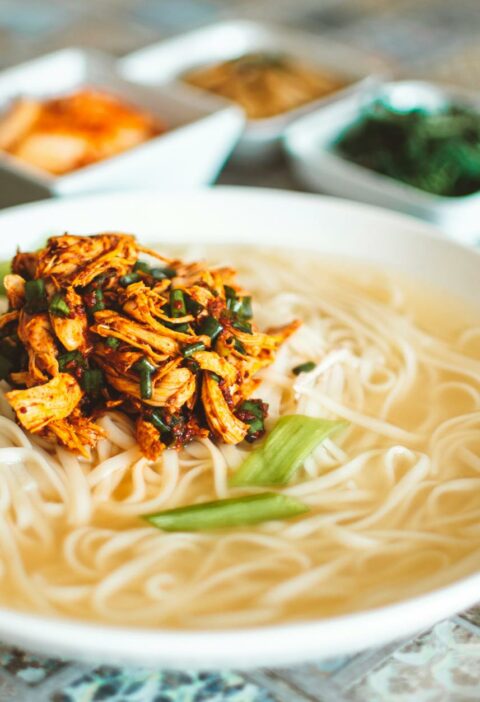Mediterranean Diet for Beginners: Easy Tips and Tricks
Embarking on a new diet can feel overwhelming, but the Mediterranean diet, renowned for its health benefits, doesn’t have to be daunting. This dietary approach, inspired by the traditional eating habits of people from countries bordering the Mediterranean Sea, emphasizes whole, unprocessed foods, placing a strong focus on fruits, vegetables, whole grains, legumes, nuts, and healthy fats. It’s not about strict restrictions, but rather a mindful shift towards nourishing your body with nature’s bounty. This article will guide beginners through easy tips and tricks to seamlessly integrate the Mediterranean diet into their lives, focusing on practical strategies to make the transition smooth and sustainable. We’ll explore key food groups, practical meal planning, smart shopping strategies, and simple recipe ideas to get you started on your journey to a healthier, happier you.
embracing the core principles
At the heart of the Mediterranean diet lies an abundance of plant-based foods. Think vibrant fruits and vegetables in every color imaginable, providing a wealth of vitamins, minerals, and antioxidants. Whole grains like quinoa, brown rice, and whole wheat bread offer sustained energy, and legumes such as chickpeas, lentils, and beans are packed with protein and fiber. Healthy fats, primarily from olive oil, avocados, nuts, and seeds, are crucial, contributing to heart health and overall well-being. Lean protein sources, like fish, poultry, and eggs, round out the diet, offering essential nutrients without excessive saturated fat. Moderation is key; red meat and processed foods are consumed sparingly.
smart shopping and meal prepping
Successfully transitioning to the Mediterranean diet begins with strategic shopping. Prioritize your weekly grocery list around the core food groups: fruits, vegetables, whole grains, legumes, and healthy fats. Fill your cart with colorful produce, choosing seasonal options for optimal freshness and affordability. Stock up on canned beans and lentils for quick and convenient meals. Invest in good quality olive oil for cooking and dressing. Meal prepping is your secret weapon. Spend a couple of hours on the weekend preparing large batches of grains, roasted vegetables, or salads, saving precious time during busy weekdays. This preparation also helps you stay on track, minimizing impulsive unhealthy food choices.
simple recipes and substitutions
The beauty of the Mediterranean diet is its adaptability. Start by incorporating simple recipes that highlight the fresh ingredients. Grilled fish with lemon and herbs, a hearty lentil soup, or a vibrant salad with chickpeas and feta cheese are excellent starting points. Don’t be afraid to experiment with different flavors and spices. When making substitutions, remember that swapping refined grains for whole grains, sugary drinks for water or unsweetened tea, and unhealthy fats for olive oil are simple yet impactful changes. For example, swap white rice for brown rice, or use olive oil instead of butter. Small changes can make a significant difference over time.
tracking progress and staying motivated
Tracking your progress can be incredibly motivating. Keep a food diary, not to restrict yourself, but to increase your awareness of what you’re consuming and identify areas for improvement. Notice how you feel – increased energy, improved digestion, or better sleep can be powerful motivators. Don’t get discouraged by occasional slip-ups. The Mediterranean diet is a lifestyle change, not a temporary fix. Focus on making sustainable choices most of the time. Celebrate your successes, whether it’s cooking a delicious Mediterranean meal or maintaining your commitment for a week or a month. Celebrate milestones and acknowledge your efforts to stay encouraged.
| Food Group | Examples | Benefits |
|---|---|---|
| Fruits & Vegetables | Tomatoes, cucumbers, olives, oranges, berries | Vitamins, minerals, antioxidants |
| Whole Grains | Brown rice, quinoa, whole wheat bread | Fiber, sustained energy |
| Legumes | Chickpeas, lentils, beans | Protein, fiber |
| Healthy Fats | Olive oil, avocados, nuts, seeds | Heart health, satiety |
| Lean Protein | Fish, poultry, eggs | Essential amino acids |
Conclusion
Adopting the Mediterranean diet doesn’t require a complete overhaul of your lifestyle; it’s about making gradual, sustainable changes. By focusing on whole, unprocessed foods, embracing flavorful recipes, and incorporating smart shopping and meal-prepping strategies, you can successfully integrate this healthy eating pattern into your daily routine. Remember, the journey is as important as the destination. Celebrate small victories, stay consistent, and enjoy the process of nourishing your body with the vibrant flavors and health benefits of the Mediterranean diet. The key is to find a balance that works for you and your lifestyle, making healthy eating a pleasurable and sustainable habit. The long-term benefits, from improved heart health to enhanced energy levels, will make the effort worthwhile.
Image by: Zak Chapman
https://www.pexels.com/@naimbic





